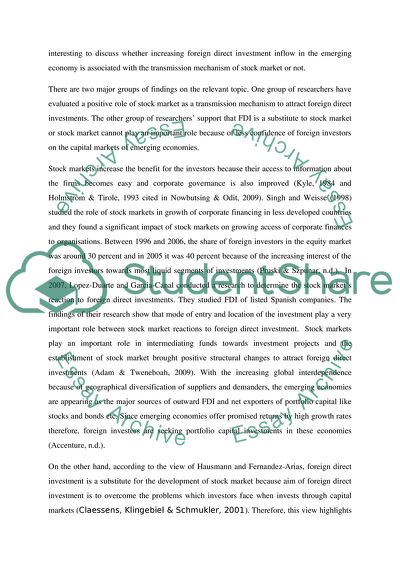Cite this document
(The Investment Capital for Corporate Businesses Term Paper, n.d.)
The Investment Capital for Corporate Businesses Term Paper. Retrieved from https://studentshare.org/finance-accounting/1571998-the-assigned-coursework-comprises-of-two-essays-of-approximately-2000-words-each-each-essay-would-have-a-weighting-of-50-of-the-assigned-coursework-grades-referencing-should-follow-the-harvard-style-of-referencing-and-all-arguments-are-expected-to-be
The Investment Capital for Corporate Businesses Term Paper. Retrieved from https://studentshare.org/finance-accounting/1571998-the-assigned-coursework-comprises-of-two-essays-of-approximately-2000-words-each-each-essay-would-have-a-weighting-of-50-of-the-assigned-coursework-grades-referencing-should-follow-the-harvard-style-of-referencing-and-all-arguments-are-expected-to-be
(The Investment Capital for Corporate Businesses Term Paper)
The Investment Capital for Corporate Businesses Term Paper. https://studentshare.org/finance-accounting/1571998-the-assigned-coursework-comprises-of-two-essays-of-approximately-2000-words-each-each-essay-would-have-a-weighting-of-50-of-the-assigned-coursework-grades-referencing-should-follow-the-harvard-style-of-referencing-and-all-arguments-are-expected-to-be.
The Investment Capital for Corporate Businesses Term Paper. https://studentshare.org/finance-accounting/1571998-the-assigned-coursework-comprises-of-two-essays-of-approximately-2000-words-each-each-essay-would-have-a-weighting-of-50-of-the-assigned-coursework-grades-referencing-should-follow-the-harvard-style-of-referencing-and-all-arguments-are-expected-to-be.
“The Investment Capital for Corporate Businesses Term Paper”, n.d. https://studentshare.org/finance-accounting/1571998-the-assigned-coursework-comprises-of-two-essays-of-approximately-2000-words-each-each-essay-would-have-a-weighting-of-50-of-the-assigned-coursework-grades-referencing-should-follow-the-harvard-style-of-referencing-and-all-arguments-are-expected-to-be.


